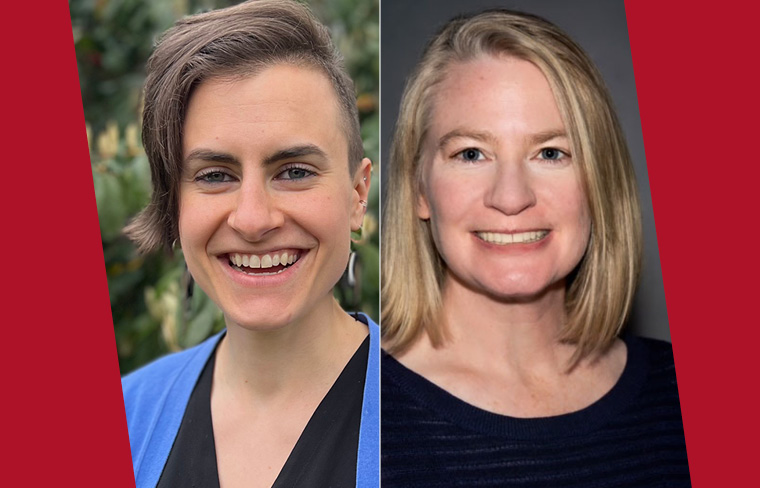-
Pathway to Stop Diabetes nominations are open; symposium to feature program awardees
The Pathway to Stop Diabetes® aims to identify the new generation of scientists at the peak of their creativity and provide them with the autonomy and resources to achieve breakthrough discoveries.
-
Experts to debate how race- and ethnicity-based cut points in diabetes screening and diagnosis affect disparities
Quyen Ngo-Metzger, MD, MPH, will present the case that the use of race- and ethnicity-based cut points can potentially reduce health disparities in the diagnosis of diabetes. Jessica Cerdeña, MD, PhD, will argue that the harm of using such cut points may outweigh the benefit when it comes to addressing health disparities.
-
ADA-CDC Joint Symposium will explore trends in diabetes-related complications and prevention of secondary diabetes
Ryan Saelee, PhD, MPH, and other experts will review recent trends and disparities in, as well as approaches for preventing, diabetes-related complications. Topics include self-management and care, policy, systems, and environmental strategies for secondary diabetes prevention.
-
Symposium on drugs used for diabetic retinopathy to include LENS results
David Preiss, MBChB, MRCP, FRCPath, PhD, will highlight results from the LENS trial and the efficacy of fenofibrate in the treatment of diabetic retinopathy in a Friday, June 21, symposium.
-
Joint ADA-IPITA symposium will explore current state of beta-cell replacement therapy
A panel of experts will describe recent advances in beta-cell replacement therapy as well as current challenges facing researchers and clinicians. Michiel Nijhoff, MD, MSc, will outline challenges in monitoring and treating transplant recipients for rejection or type 1 diabetes recurrence.
-
STEP-HFpEF trial results show benefit of GLP-1 receptor agonists for patients with heart failure and diabetes
“Obesity is not just a comorbidity in people with heart failure with preserved ejection fraction but is a target for treatment,” said cardiac surgeon Subodh Verma, MD, PhD, FRCSC, one of the experts who will discuss new data from the STEP-HFpEF and STEP-HFpEF-DM trials.
-
Symposium will focus on how dietitians and diabetes educators can support patients on GLP-1-based therapies
Maureen Chomko, RDN, CDCES, and Colleen Dawkins, FNP-C, RDN, CSOWM, will explain how dietitians and diabetes educators can help screen patients for their eligibility for these drugs, educate patients on how to take these medications, and help them understand cost implications.
-
Panel to explore evidence and provide recommendations for using ‘Category X’ diabetes drugs during pregnancy
Ira J. Goldberg, MD, and other experts will review diabetes medications that have been associated with fetal complications and current recommendations for their discontinued use during pregnancy, despite significant maternal benefits outside of pregnancy.
-
Investigators to share results from Part 1 of CATALYST study of hypercortisolism in type 2 diabetes
Investigators including John B. Buse, MD, PhD, will present findings from a study of the prevalence of hypercortisolism in patients with an A1C of ≥7.5% despite receiving multiple standard-of-care therapies.
-
Symposium to discuss how primary care providers can elevate their practice for patients with diabetes
An ADA Primary Care Council symposium, featuring experts including Pamela Stamm, PharmD, BCPS, BCACP, CDCES, FASHP, FCCP, aims to help practitioners identify ways they can deliver more consistent, high-quality care in order to improve outcomes, reduce complications, and decrease hospitalizations.











